#EVs
Nissan Developing Nismo Performance EVs
Nissan has coyly been suggesting that it might someday furnish electrified performance models ever since it released Nismo-badged examples of the humble Leaf for the Japanese market. This was followed by the 2020 Leaf Nismo RC, which served as an experiment to see what would happen if you added a bunch of electric motors in a bid to make the model genuinely fast on a race track.
With the automaker set to deliver 15 new EVs by 2030, there’s been some speculation about how many will boast sporting aspirations. But it looks as though a few might know that Nissan has confirmed its developing Nismo-branded performance electrics for the global market.
Rivian Receiving $1.5 Billion Incentive Package from Georgia
Rivian Automotive Inc, purveyor of the all-electric R1T and R1S, will receive $1.5 billion in incentives from state and local governments to build a new manufacturing facility in Georgia. Eager to become home to the company’s planned $5 billion assembly plant, the state is offering a comprehensive incentive package that includes tax breaks. The government has a few stipulations, however.
Under the new agreement, Rivian’s factory would be required to produce 7,500 jobs and its existing investment target by 2028 to receive the full $1.5 billion. That includes a sizable battery production site and may explain why the state is offering up the largest corporate incentivization package in its history.
Ford Lightning Getting Company in Tennessee
The 2022 Ford F-150 Lightning has officially started production at the company’s Rouge Electric Vehicle Center in Michigan and will apparently be getting some company at the Blue Oval City campus in Tennessee. On Tuesday, CEO Jim Farley said that the upcoming plant had been selected to produce a new model during a press event covering the official launch of the all-electric F-Series.
“It’s another truck,” he explained. “This is not our only truck. We said very clearly we want to be the leader in electric pickup trucks.”
Europe Developing 'Battery Passport' for EVs
A group of German automakers, chemical concerns, and battery producers have announced the joint development of a “battery passport” designed to help government regulators trace the history of the cells. The consortium is funded by the German government and is supposed to work in tandem with new battery regulations that are being prepared by the European Union.
According to the German economic ministry, officially the Federal Ministry for Economic Affairs and Climate Action, the overarching plan is for the EU to mandate traceable hardware be installed in all batteries used in the continent by 2026. Those intended for use in electric vehicles are up first, with the passport scheme also serving to chronicle everything from the vehicle’s repair history to where the power cell’s raw materials were sourced.
Ford Tourneo Custom EV Teased Ahead of Reveal
Ford’s commercial vehicle arm has been teasing the upcoming Tourneo Custom EV ahead of its formal debut on May 9th, 2022. Ford Pro is eager to expand its lineup of all-electric light commercial vehicles and has already started production of the E-Transit, making the Euro-focused Tourneo the next model queued to be juiced up.
Mazda Rotary Engine Returning on MX-30
After years of speculation that Mazda would someday bring back rotary-powered performance, the company is finally willing to confirm that our collective hope was not in vain. However, there will be no rear-drive RX model spinning up its triangular Wankel beyond 8,000 rpm because piston-free rotary engines are difficult to seal. Despite making oodles of power for their size, they’re not well optimized for everyday driving and tend to offer the kind of fuel economy and emissions that get regulators’ panties in a twist.
Given the circumstances, Mazda’s rotary will be returning as a range extender for the MX-30 PHEV.
VW CEO: 'We Have to Become Relevant in the U.S'
Volkswagen CEO Herbert Diess has explained that the automaker would very much like to get back in to the United States’ good graces now that it has cut ties with Russia. With the future of Europe looking shaky, VW is hoping to maintain its position as the best-selling brand in China and start making inroads in America after burning a few bridges there.
Despite the Dieselgate scandal being seven years in the rearview mirror, the automaker is still coping with the resulting financial penalties and the resulting decision to scale back its U.S. aspirations a tad until its electric models hit the road. But the company has always had an issue understanding what American drivers wanted, resulting in boom and bust phases for the company until it manages to solve the puzzle. The most common issue was an inability to adhere to ever-changing emissions standards. But there are also periods where the manufacturer was snubbed for offering subpar electrical equipment or simply having a lineup that was out of sync with American tastes. But Volkswagen has historically enjoyed a resurgence after making the necessary changes and Diess is hoping for another comeback.
California Proposal Calls for 68 Percent EV Sales By 2030
Now that the U.S. Environmental Protection Agency (EPA) looks poised to reinstate California’s waiver under the Clean Air Act — allowing the state to establish stricter tailpipe emissions than the federal limits — the coastal region has resumed its quest to abolish gasoline-powered vehicles in earnest. While the California Air Resources Board (CARB) has yet to finalize all the details, the latest proposal calls for strengthened emissions standards for new light-duty vehicles in anticipation of the necessary approvals.
The scheme would require pure electrics and plug-in hybrids (PHEVs) to make up 35 percent of new-vehicle sales for the 2026 model year. By 2030, that number will become 68 percent before hitting 100 percent for MY 2035. CARB said zero-emission vehicles comprised 12.4 percent of the state’s new market in 2021, hinting that the number could have been higher without the Safer Affordable Fuel-Efficient (SAFE) Vehicles Rule Part One having stifled its progress.
GM Secures Itself Some Cobalt
Automotive manufacturers are currently on a quest to secure supply chains to avoid any future embarrassments relating to absent materials or missing components. If the last few years have taught the industry anything, it’s that it is always better not to get caught with your pants down. So we’re now seeing most of the major players trying to lock down raw materials necessary for battery production as they pitch upward in value in anticipation of numerous firms transitioning to all-electric vehicles.
Cobalt has been of particular interest to automakers and General Motors recently entered into a formal agreement to purchase the chemical element from the Anglo-Swiss commodities trader Glencore Plc.
How Much Are Updated CAFE Standards Actually Going to Save You?
With the United States Department of Transportation having formally announced upgraded Corporate Average Fuel Economy (CAFE) standards starting in 2024, the Biden administration was quick to point out that the decision would likely make automobiles even more expensive than they already are. However, the caveat to this was that it also assumed fuel prices would come down as improved efficiencies reduced North America’s hunger for fuel.
This effectively undoes fueling rollbacks instituted under the Trump administration on the grounds of reducing costs to consumers and cutting regulatory red tape for a prospective future where fuel prices are reduced without the need to spur oil production. But what does that actually mean in terms of dollars and cents?
Biden Administration Meets With Auto Execs, Including Elon Musk
The Biden administration held another meeting with automotive executives about how to ensure electric vehicles go mainstream. But this time it included Elon Musk, who runs the most successful EV brand in the entire world.
After taking criticism for shunning the Tesla CEO in earlier meetings, senior officials held an event on Wednesday where he and other industry leaders could contribute as to how the United States should handle a national charging infrastructure and spur adoption rates. Despite Musk having often expressed a dissenting opinion in regard to President Biden’s strategy, the White House said that the meeting was productive and resulted in a “broad consensus that charging stations and vehicles need to be interoperable and provide a seamless user experience, no matter what car you drive or where you charge your EV.”
VW Plans Mass Culling of Combustion Cars, Loftier Margins
Practically every automaker on the planet has begun signaling a desire to change with the times by collectively revising their business strategies. The new hotness involves lower volumes, higher margins, and electric vehicles with the ability to push connected services allowing manufacturers to charge you piecemeal for just about every feature imaginable.
While Volkswagen Group has been at the forefront of those trends since the 2015 Dieselgate scandal helped force its hand, it often suggested that the shift to EVs would be a boon to low-income families. It was hardly the only automaker to make such promises, nor has it been the first to break them after deciding that perhaps there’s more money to be made with premium vehicles. VW has decided that its ideal strategy involves culling internal combustion vehicles by 60 percent over the next eight years and focusing on higher-margin products yielding superior profitability.
Report: Renault Considering Separate EV Business, IPO for Assets
Renault SA is reportedly mulling over the possibility of undergoing extensive restructuring, followed by an initial public offering for its electric vehicle assets. While the company had hinted that splitting itself into separate EV and combustion brands was a possibility in February, it wasn’t taken all that seriously. At the time, numerous automakers had suggested dividing themselves along similar lines.
But Ford Motor Co. announced it would actually be going ahead with the plan in March and Renault appears to be similarly warming to the idea, based on a meeting held last week between upper-level management and analysts. This included CEO Luca de Meo and CFO Thierry Pieton, both of whom allegedly acknowledged the real possibility of a split at the French automaker and the subsequent IPO.
GM's Oshawa Plant Increasing Truck Production, CAMI Getting Electric Vans
On Monday, General Motors’ added a second shift for Heavy Duty variants of the Chevrolet Silverado at Oshawa Assembly to ensure the automaker can meet demand. There are also plans to launch a third shift to spur production of light-duty pickups after GM spent the last two years struggling to deliver vehicles in a timely manner.
GM Canada recently representatives from the Canadian federal government, eager to show that its $2 billion investment into Ontario manufacturing (specifically at Oshawa and CAMI Assembly) had already borne fruit. While this is said to eventually include the production of BrightDrop’s all-electric and perpetually connected Zevo vans, GM is presently focused on swelling production on some of its most valuable products.
SEC Subpoenas Faraday Future Executives
Several executives from perpetual automotive startup Faraday Future have reportedly been subpoenaed by the U.S. Securities and Exchange Commission as part of an investigation into inaccurate statements made to investors. Though, considering the nameplate’s history, it would be impossible to assume which item the SEC will be focusing on thanks to FF’s exceptionally long history of industrial misgivings.
We’ve covered Faraday Future’s long and bizarre story from the early days of delivering half-baked, though otherwise impressive, concepts to its more recent status as an automaker in the ethereal sense. It’s promised the moon and only managed to deliver a handful of production husks that never surpassed the body-in-white phase and some “production-intent” prototypes of the FF91. Though the larger story is the SEC’s sudden interest in electric vehicle startups that went public via mergers with blank check firms, better known as special purpose acquisition companies (SPACs), over the last two years.




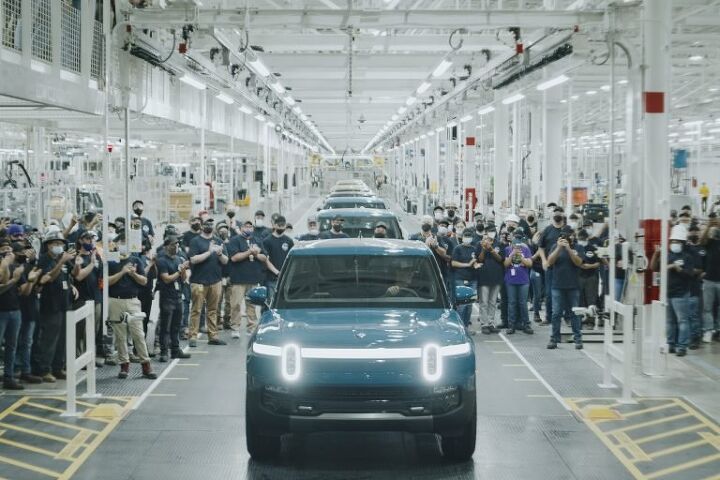


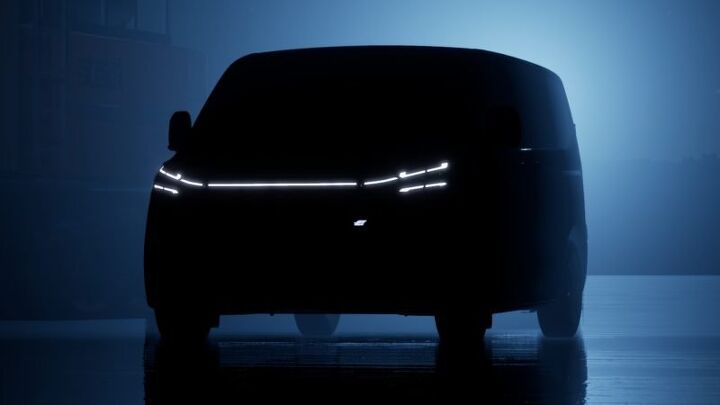



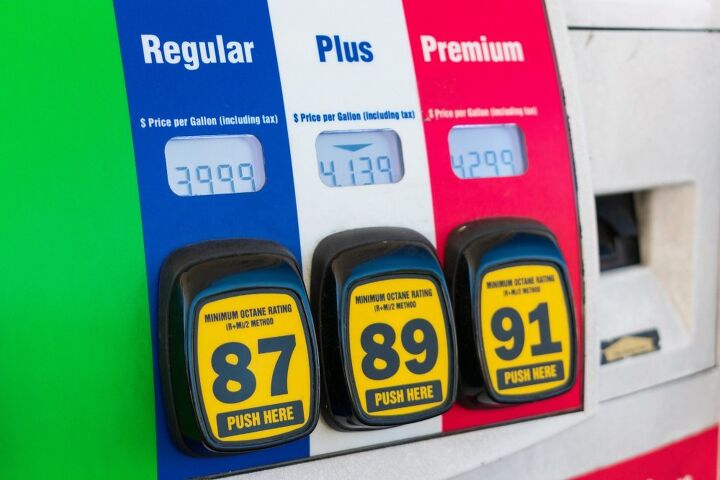

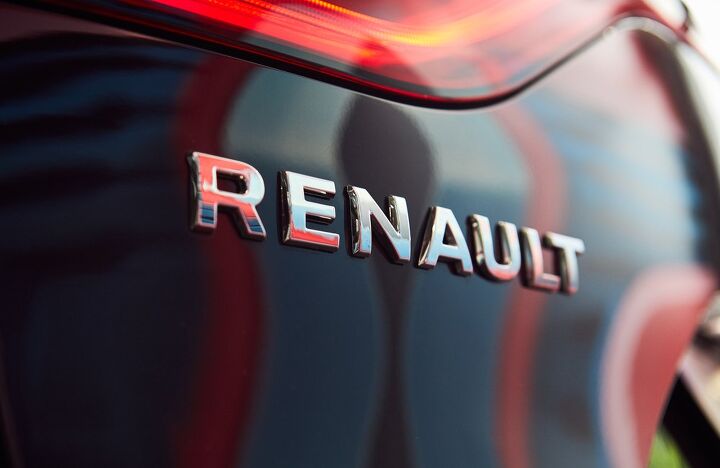
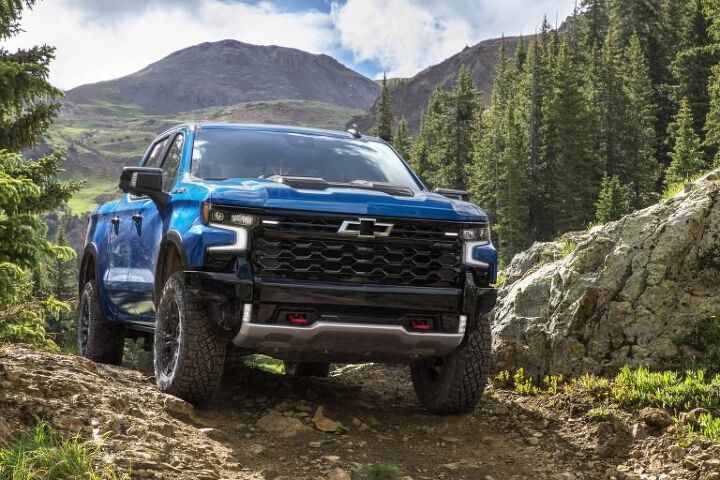












Recent Comments